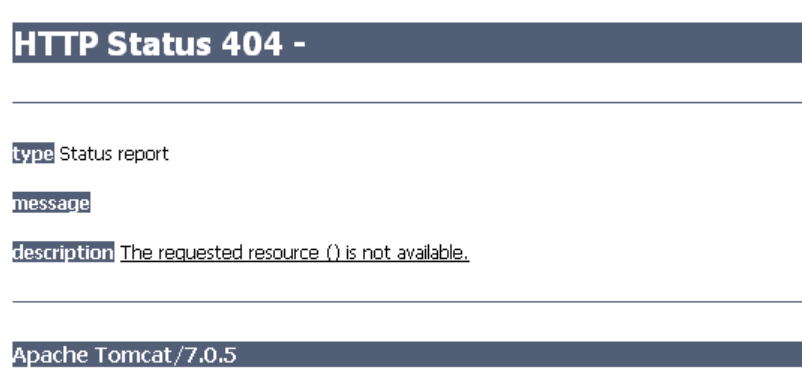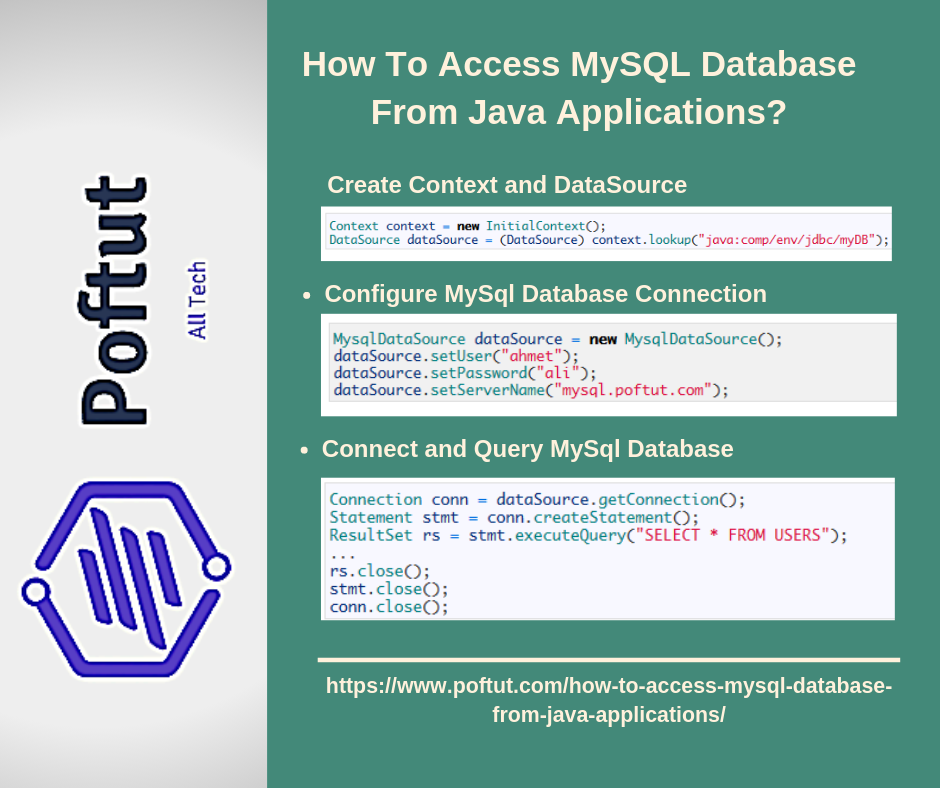在Java中直接访问祖父母的成员:
null
预测以下Java程序的输出。
JAVA
// filename Main.java class Grandparent { public void Print() { System.out.println( "Grandparent's Print()" ); } } class Parent extends Grandparent { public void Print() { System.out.println( "Parent's Print()" ); } } class Child extends Parent { public void Print() { // Trying to access Grandparent's Print() super . super .Print(); System.out.println( "Child's Print()" ); } } public class Main { public static void main(String[] args) { Child c = new Child(); c.Print(); } } |
输出:
prog.java:20: error: <identifier> expected super.super.Print(); ^prog.java:20: error: not a statement super.super.Print();
行“super.super.print();”处出错。在Java中,类不能直接访问祖父母的成员。不过,C++中允许使用。在C++中,我们可以使用范围解析运算符(::)访问继承层次结构中的任何祖先成员。 在Java中,我们只能通过父类访问祖父母的成员。
例如,以下程序编译并运行良好。
JAVA
// filename Main.java class Grandparent { public void Print() { System.out.println( "Grandparent's Print()" ); } } class Parent extends Grandparent { public void Print() { super .Print(); System.out.println( "Parent's Print()" ); } } class Child extends Parent { public void Print() { super .Print(); System.out.println( "Child's Print()" ); } } public class Main { public static void main(String[] args) { Child c = new Child(); c.Print(); } } |
输出
Grandparent's Print()Parent's Print()Child's Print()
为什么java不允许访问祖父母的方法?
它违反了封装。你不应该绕过父类的行为。有时可以绕过自己类的行为(尤其是在同一个方法中),但不能绕过父类的行为,这是有道理的。
如果您发现任何不正确的地方,或者您想分享有关上述主题的更多信息,请写下评论。
© 版权声明
文章版权归作者所有,未经允许请勿转载。
THE END


![关于”PostgreSQL错误:关系[表]不存在“问题的原因和解决方案-yiteyi-C++库](https://www.yiteyi.com/wp-content/themes/zibll/img/thumbnail.svg)






